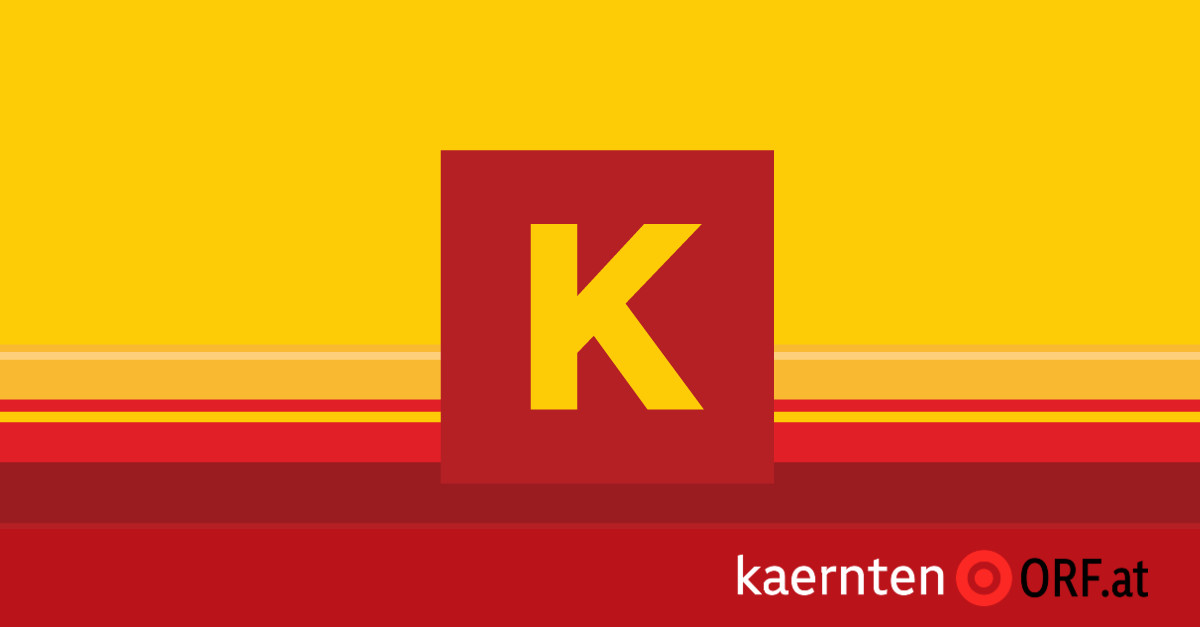What pleases the saver is bad news for the borrower. At the end of the quarter, loans with a variable interest rate will become more expensive again, says Herta Stockbauer. She is the chair of the board of directors of the Bank for Carinthia and Styria and at the same time chairwoman of the banking and insurance division in the Chamber of Commerce: “From the beginning of the year 0.75 percent to 0.80 percent – depending on how exactly the loan agreement is designed. However, it will be in this order of magnitude if there are loan agreements that are linked to the 3-month Euribor, i.e. to the average European interest rate.
Interest burden doubled
Compared to the previous year, inflation is even more pronounced. The Austrian National Bank calculated last week that the interest burden for households doubled within a year. Stockbauer can also confirm that the Euribors were still negative a year ago. That changed towards the middle of the year. “The interest rate adjustment has now turned out to be correspondingly high.”
More increases likely
There will be little change in this trend over the next few months – given the key interest rate that the European Central Bank (ECB) is still targeting due to persistently high inflation. Stockbauer: “From the point of view of the ECB, it is still too high. The ECB is aiming for an inflation rate of two percent. This means that interest rate hikes are still to be expected. The next ECB interest rate meeting is in May. There could definitely be another rate hike here. It remains to be seen whether that is 0.5 or 0.25 percent.”
“Historically favorable interest rates”
According to Stockbauer, there is little feedback from customers that the credit rate is no longer sustainable: “If that were the case, every customer is strongly advised to get in touch quickly. There are ways to change the runtime. This can also reduce the rate burden.”
In the long term, however, interest rates are low. According to Stockbauer, the 3-month Euribor, which is currently three percent, has been twice as high in the past: “Interest rates of seven or eight percent on housing loans were not the exception, but the rule. Historically, we are still talking about a very favorable interest rate situation.”
